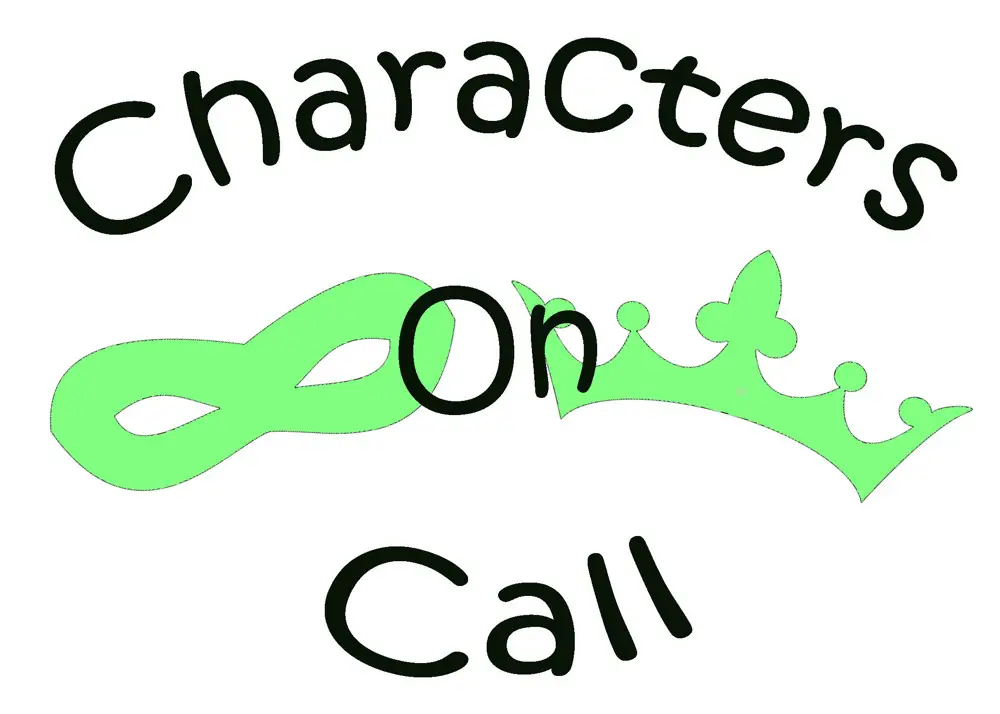
How to Reassure Your Kids That it's Safe to Go Out
Talk to your kids about the risks of returning to some places and the rules of your area as you begin to go back out again.
Get can’t-miss family activities sent to you!
Get the Best Kid-Friendly Activities
Sent to You Weekly!
If They’re Worried About Going Back into the World
Reentering real life will be tricky for some kids. Institutions and businesses will have different rules and regulations. People will be wearing masks, social distancing, and avoiding certain activities. Velez suggests parents “help them understand that familiar places may feel unfamiliar due to physical changes and different practices that may be implemented.” She also urges parents to practice wearing masks at home. “Younger children may not be able to make the direct connection between these actions and public safety, so making a game out of it could be helpful, having them imagine they are superheroes who protect the world by wearing their masks and washing their hands.”
Bartlett thinks it will help to maintain your routine—both at home and when things start to open up. “This is true for both adults and kids, but especially kids, and the younger you go, the more structure is needed for kids to feel safe and secure,” she says. Having a clear sense of when things are going to happen each day gives kids a sense of well-bring.
For example, if you’re going to the doctor, Altenhaus recommends calling the doctor ahead of time to find out how she will conduct the visit. Then let your child know exactly what will happen when you arrive. “It is ok to feel some anxiety,” she says. “You want to help your child deal with their anxiety in healthy ways at the level they can understand.”
RELATED: How to Safely go to the Dentist During Coronavirus
Velez notes that younger children may experience separation anxiety as they adjust to post-quarantining real life. “The child may be more clingy, whiny, upset during transitions,” she warns. For teens, social anxiety that has been minimized during the quarantine might return when they are re-introduced to social settings.
In general, parents should not avoid activities that provoke anxiety, Velez says. “Avoiding feared activities can unintentionally strengthen the fear, so rather than avoiding situations, help the child develop coping skills that will enable them to re-enter with more confidence and control. These coping skills can include deep breathing, positive imagery/creating a safe place, talking to a trusted adult, art, music. ...whatever helps your child to feel more calm and grounded.”
And make sure your child know that he is not alone. “Remind them that we are all in this together,” Velez says. “And what they are doing at school or camp is what you will be doing at work and in the community.”
If your child continues to express anxiety or fear, especially if it is affecting her ability to function, parents should reach out to a mental health professional.
For more information about safely returning to some semblance of normal, reference our guide to a safe and fun summer 2020.









